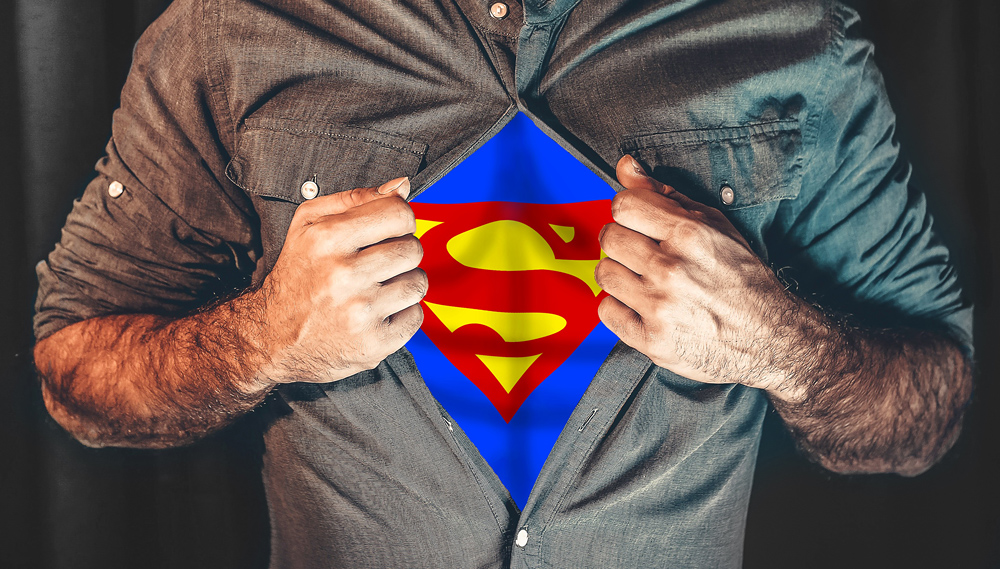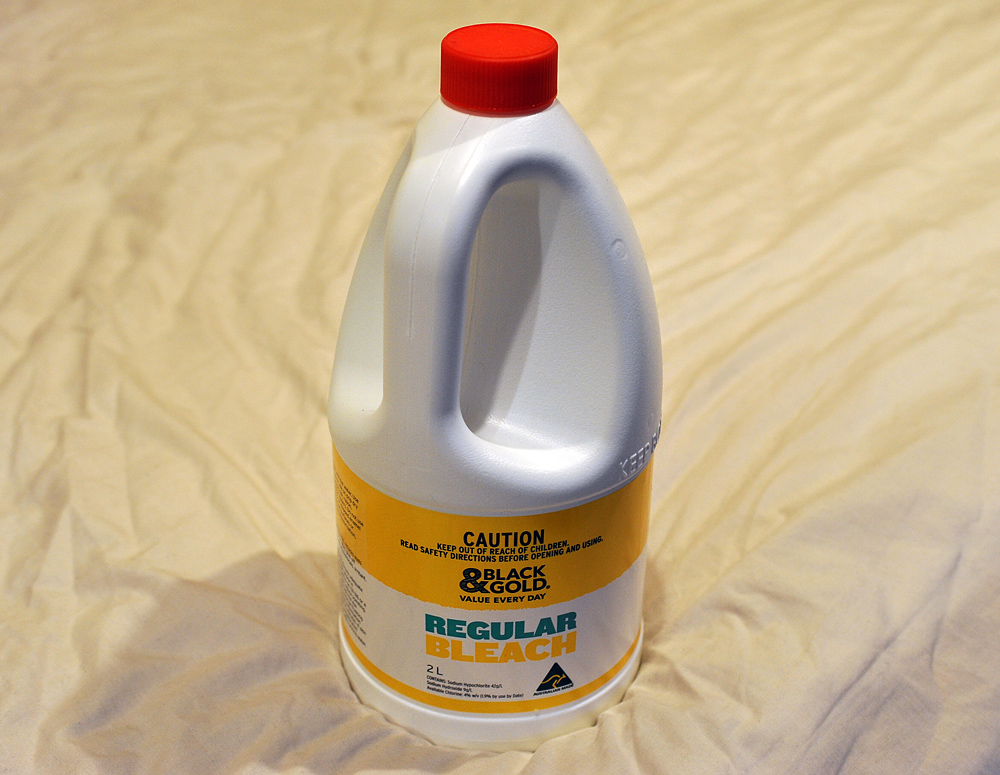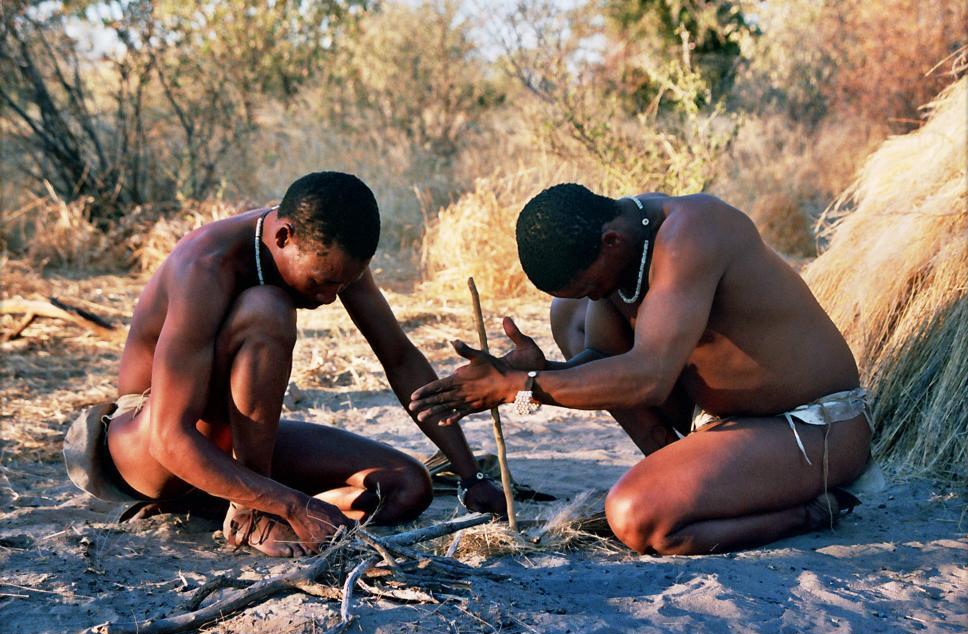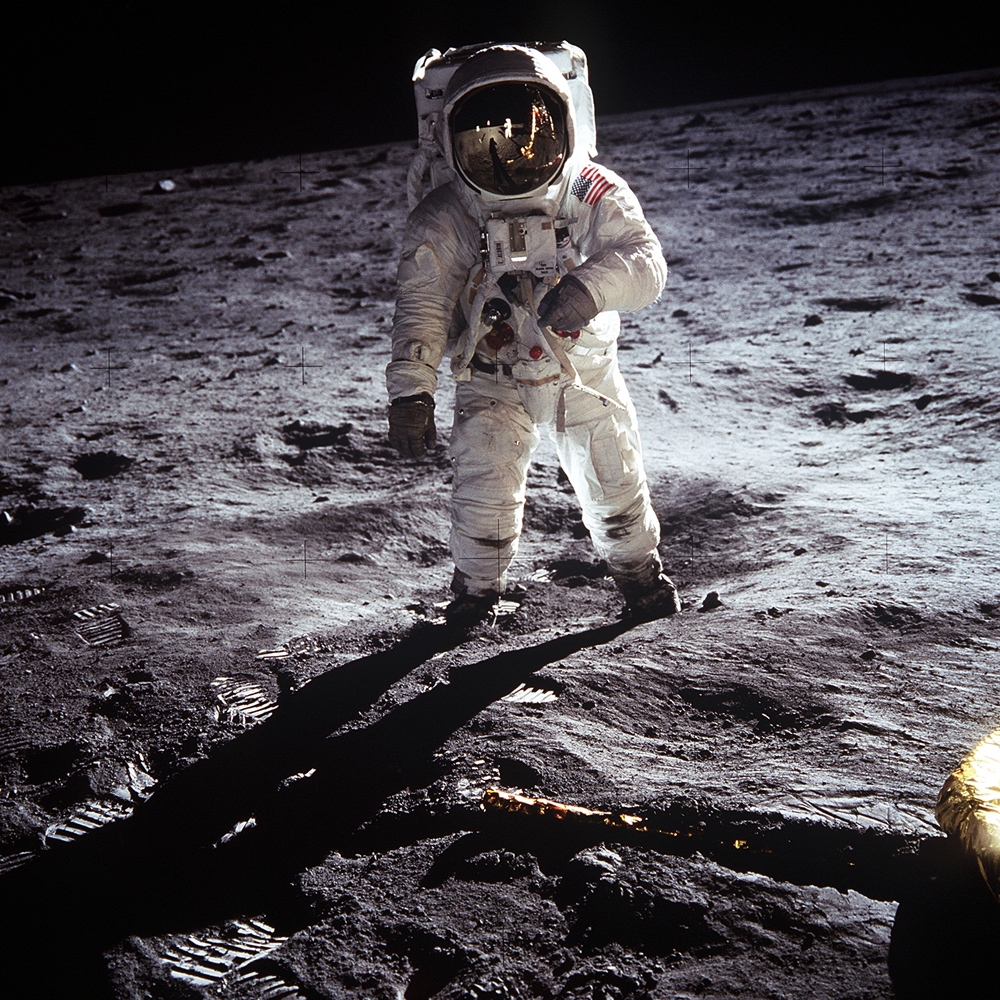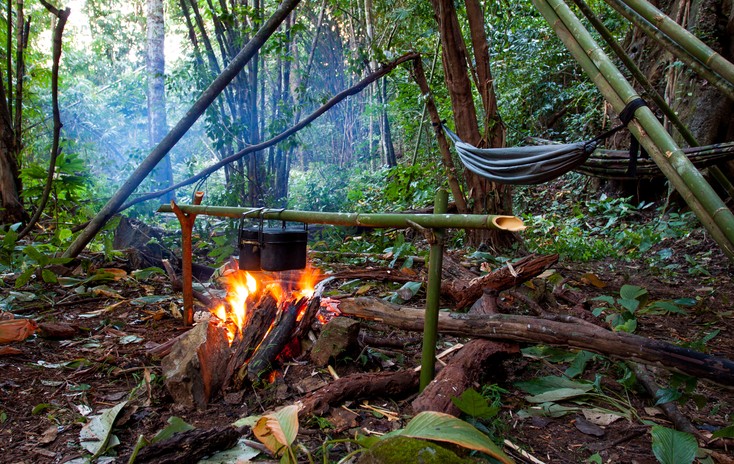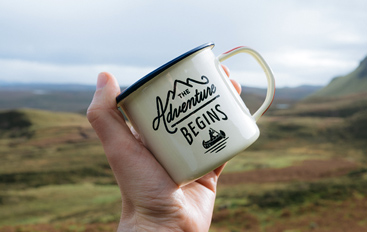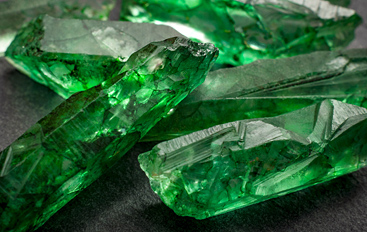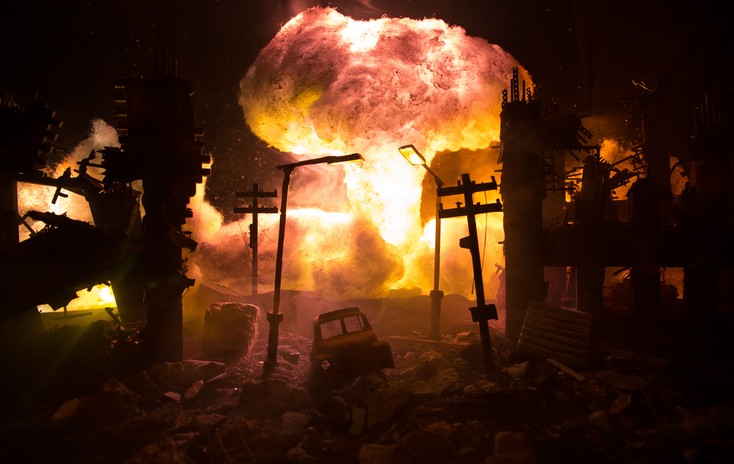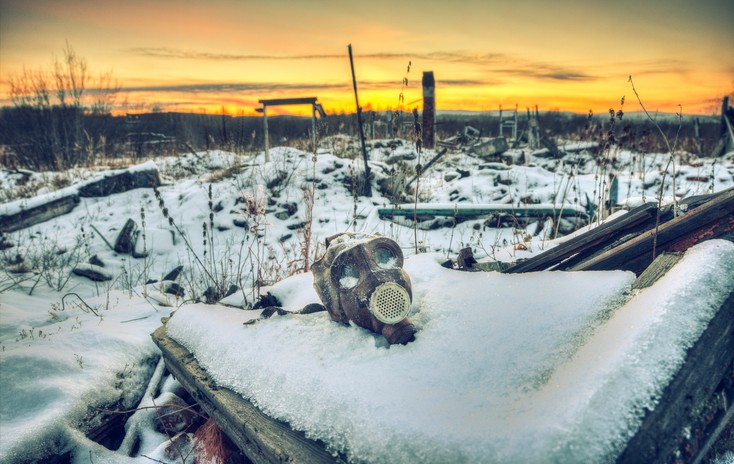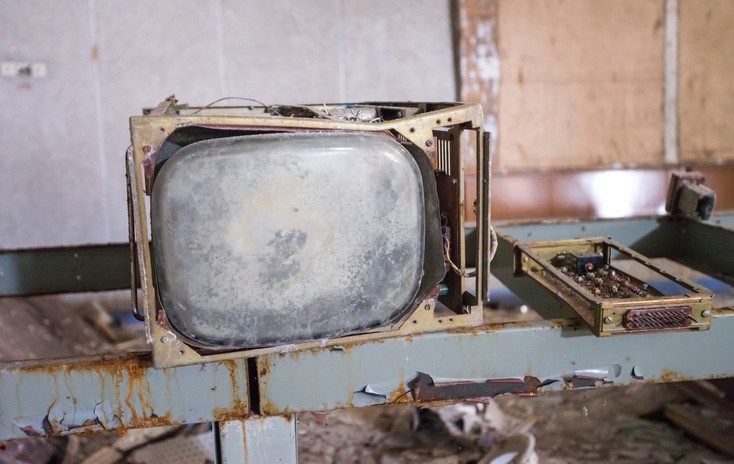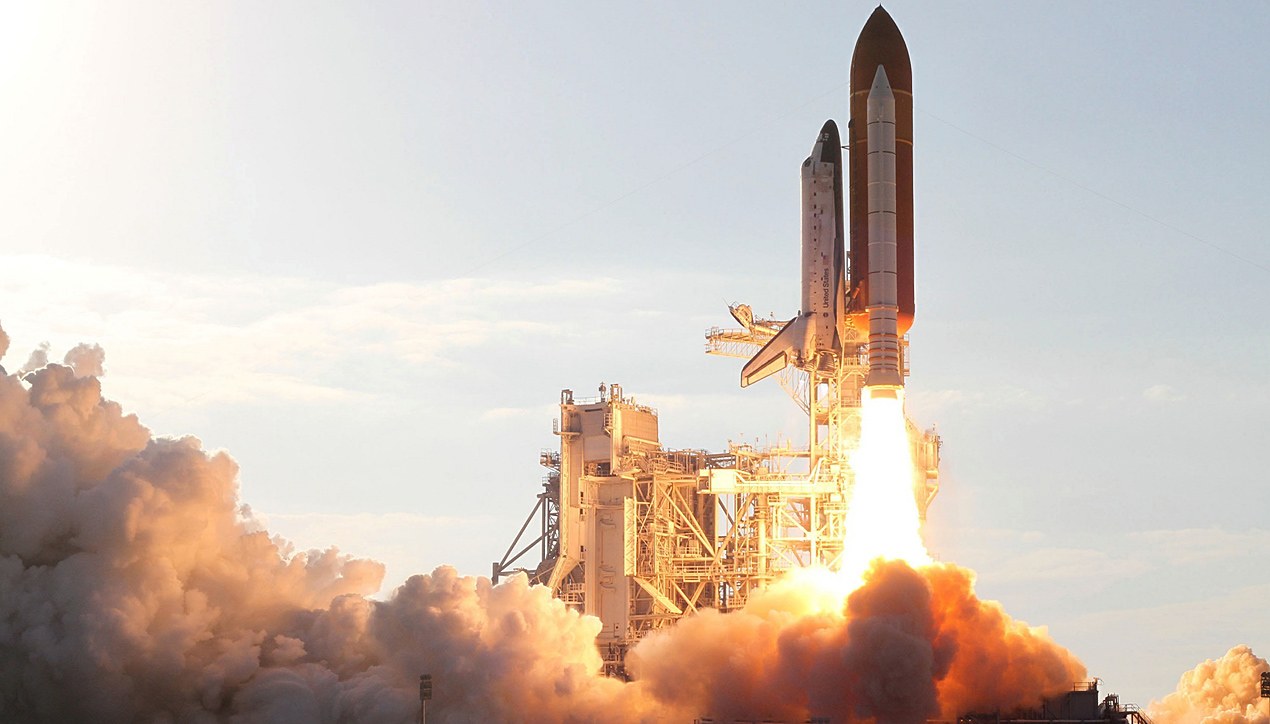
Prelude to Catastrophe The world had been teetering on the edge of conflict for years. Political tensions, economic rivalries, and territorial disputes had escalated, creating a global atmosphere of distrust and fear. Nations fortified their borders...
2
Aug
2024
Nuclear Winter
A nuclear winter is a theoretical scenario that would follow a large-scale nuclear war, characterized by severe and prolonged climatic cooling and other catastrophic environmental effects. Here's what it might be like: ...
2
Aug
2024
Movies and Video About Nuclear War
Here are some online videos that are recommended for preparing to survive nuclear war, and general nuclear war and nuclear bomb information: Protect and Survive ...

 Welcome to Prepping.com.au, the new web magazine.
Welcome to Prepping.com.au, the new web magazine.
 What is Prepping? A guide for normal people to get started.
What is Prepping? A guide for normal people to get started.
 How to use this site. When all else fails, read the instructions.
How to use this site. When all else fails, read the instructions.
 This is your mission, should you choose to accept it.
This is your mission, should you choose to accept it.

